CHHOM Theavy
Former Research Associate
Theavy Chhom is a Research Associate at Cambodia Development Resource Institute (CDRI) with several years of research experience that touches on aspects of local governance on public reforms and development issues. These include local participation and decision-making process in commune development planning and a dam development issue, and its relevance on gender issues. Ms. Chhom obtained her MA in Sustainable Development from Chiang Mai University, Thailand. During her degree and career, she also earned international fellowship programs at the Asian Research Institute (ARI) of NUS and the University of Minnesota on public policy. Her current research interests look at the interdisciplinary study and a gender perspective. Her current project is Social Protection and the Gendered Impacts of COVID-19 in Cambodia: Longitudinal Research to ‘Build Back Better in the Global Garment Industry in collaboration with Royal Holloway, University of London.
Email : theavy@cdri.org.kh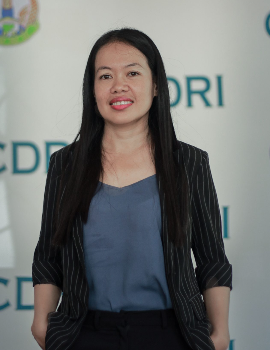
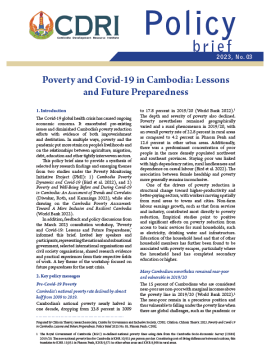
The Covid-19 global health crisis has caused ongoing economic concerns. It exacerbated pre-existing issues and diminished Cambodia’s poverty reduction efforts with evidence of both impoverishment and destitution. In multiple ways, poverty and the pandemic put more strain on people’s livelihoods and on the relationships between agriculture, migratio...
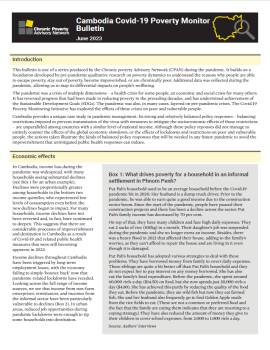
This bulletin is one of a series produced by the Chronic poverty Advisory Network (CPAN) during the pandemic. It builds on a foundation developed by pre-pandemic qualitative research on poverty dynamics to understand the reasons why people are able to escape poverty, stay out of poverty, become impoverished, or are chronically poor. Additional da...
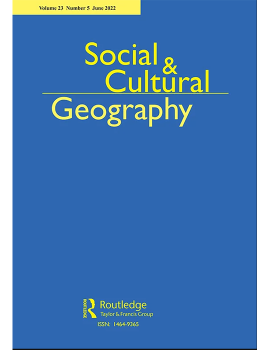
Drawing on 203 quantitative surveys with women workers in Cambodia and a further set of semi-structured interviews with 60 original participants, this paper is one of the very first to present empirically grounded research from garment workers on the financial challenges of navigating the first year of the COVID-19 pandemic. We show how in the maki...
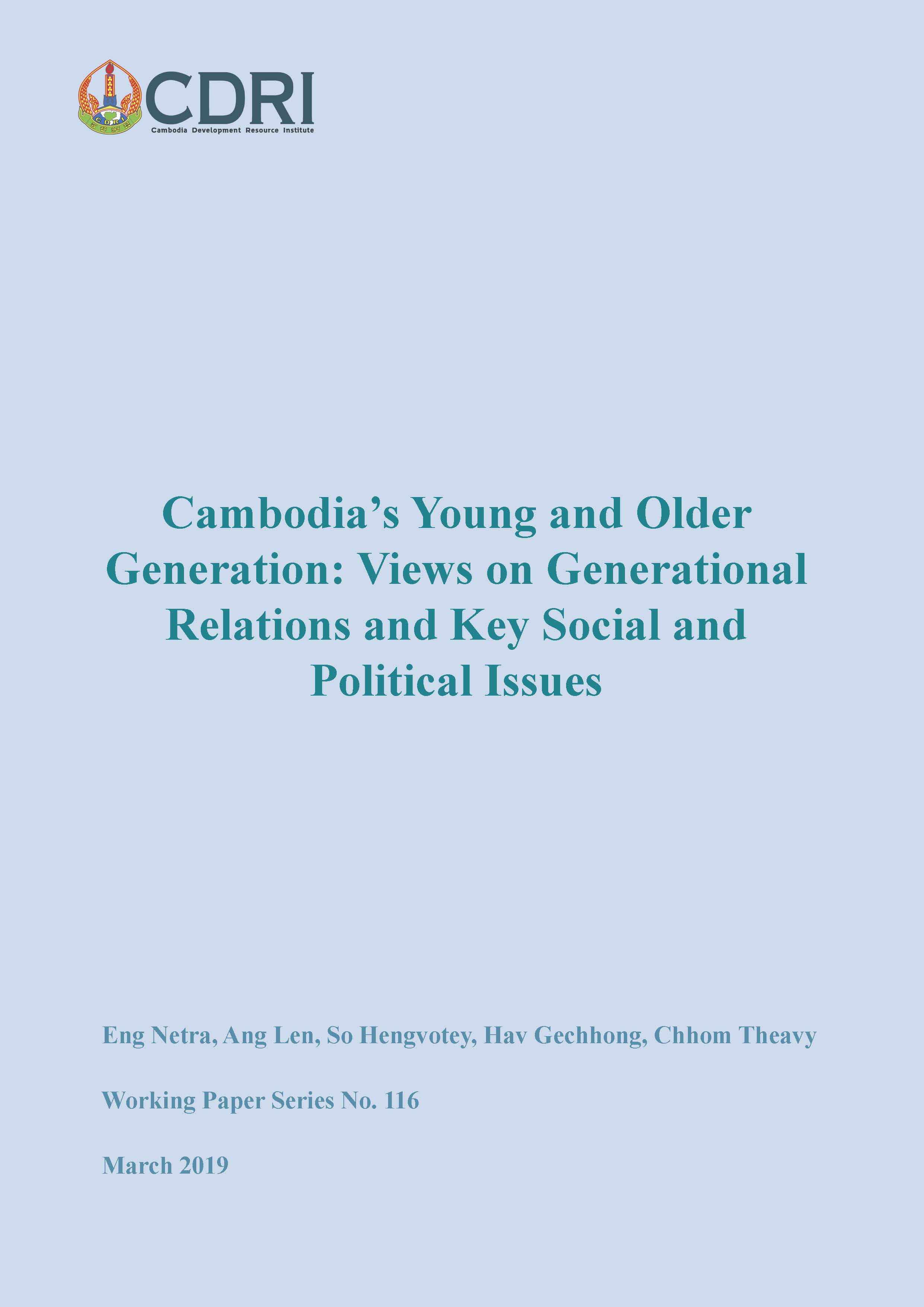
Youth make up one-third of the Cambodian population. This generation was born after the Khmer Rouge years and has grown up with the idea of regular competitive elections in a multi-party system. The youth cohort forms an increasingly significant proportion of the national electorate. This report analyses the results from a nationally representative...
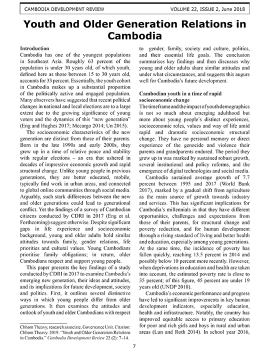

Globally, the COVID-19 pandemic increased gender-based violence and harassment in the world of work. Even prior to the pandemic, in the garment sector, garment workers, particularly women garment workers, often experienced: forced overtime, threats of violence and verbal and mental abuses, gender discrimination, and limiting freedoms of association...
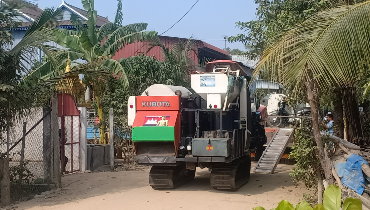
Financial markets have recently transformed agrarian landscapes throughout Southeast Asia. Smallholder farmers have gained access to formal financial technologies—such as microcredit, insurance, and mobile banking—to capitalize agricultural production and manage their risks. Proponents of finance argue that these new markets will promote economic g...
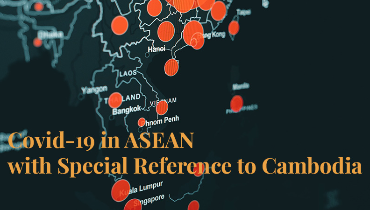
Cambodia has so far had limited direct experience of the pandemic, however, indirect effects have been several – disruption of migration, investment, tourism, garments and regional agricultural and other exports. In 2021 there have also been some movement restrictions. This situation makes Cambodia a natural experiment in the how the impacts of suc...
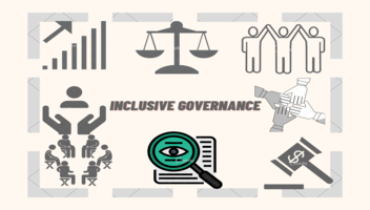
Over the past two decades, Cambodia has made significant economic progress, with growth being over 7%. The opportunity exists to underpin this progress towards an inclusive and equitable social contract by strengthening social capital, expanding trust among social groups and between groups and the government, establishing and improving access to pa...
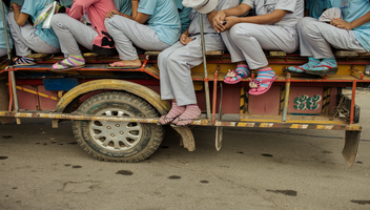
COVID-19 pandemic has caused severe disruption of the global garment industry such as manufacturing shutdowns, consumer lockdowns, order cancellation of suppliers, and lack of raw materials. However, social protection in Cambodia remains limited coverage to address livelihoods as a result of factory suspension and layoffs.This study focuses on unde...

This study aims to fill this gap in research by conducting a Gender and Inclusive Development Analysis (GIDA) combining qualitative and quantitative approaches. The GIDA is intended to inform USAID’s work plans regarding the Cambodia Country Development Strategy (CDCS) for 2020-2025 by providing a rationale, data and recommendations of which gender...
